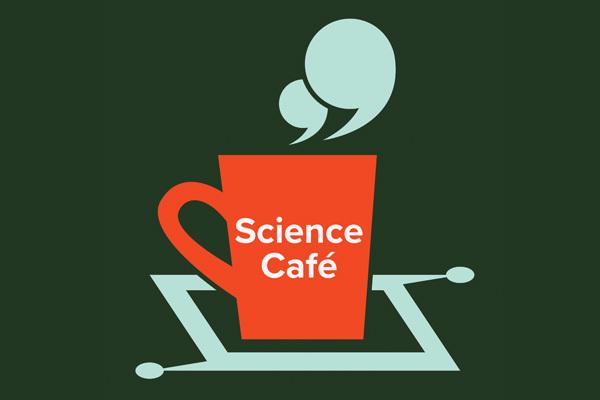
Science Café features ‘Plants in Space: Athens, We Have a Problem’ on Oct. 14

Ohio University's Science Café kicks off the fall season with a researcher's worst nightmare – there is trouble 250 miles above Earth on the International Space Station (ISS).
“When your ‘astronauts’ are tiny seedlings, things can go wrong on the International Space Station,” said Dr. Sarah Wyatt (opens in a new window), who returns to the café stage at the Baker University Center Theater at 5 p.m. Thursday, Oct. 14 to talk about conducting experiments in space and getting results not possible here on Earth. The event also will be livestreamed on YouTube and available to watch on Facebook.
"It’s Friday afternoon, and our ‘plantstronauts’ are supposed to be on their way home, but the phone rings. It's NASA. Some of the seedlings didn’t make it back onto the Space-X Dragon Capsule for the ride home. And they are dead. So now what?" said Wyatt, professor of Environmental & Plant Biology (opens in a new window) and director of Molecular & Cellular Biology (opens in a new window).
Running experiments on the ISS, orbiting Earth at five miles per second, is not easy. But learning how plants respond to gravity and grow in space is essential for future trips to Mars and colonization of the Moon.
The Wyatt Lab experiments are the first to explore what happens when tiny plants gear up their RNA machines to start building shoots and stems — and figuring out which way is “up.”
Through the Science Café, guests can join the Wyatt Lab on their missions to "fly" plants in space and learn more about growing plants for a long duration space exploration, where they can be used for food, medicine and more. Free coffee will be provided for the first 50 people.
Livestream links will be available closer to the event.
The series is supported by the Ohio University Research Division and Ohio University Chapter of Sigma Xi. For more information visit the Science Cafe website.
Previous Science Cafés can also be viewed on YouTube.

